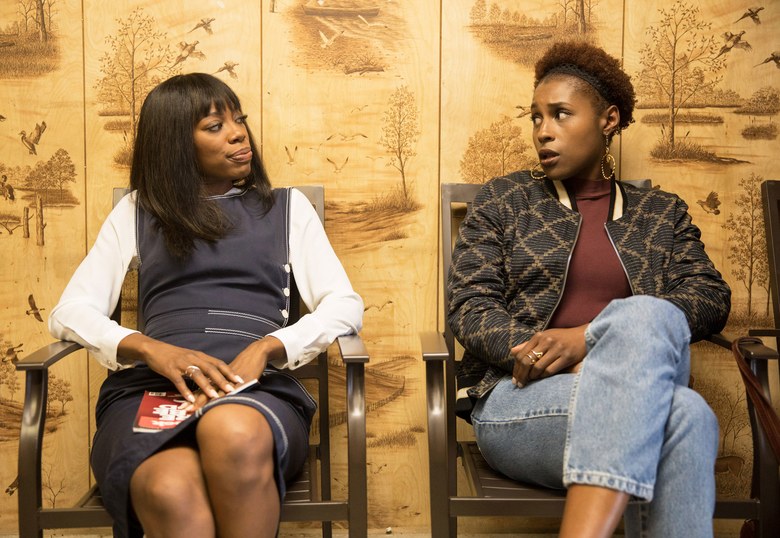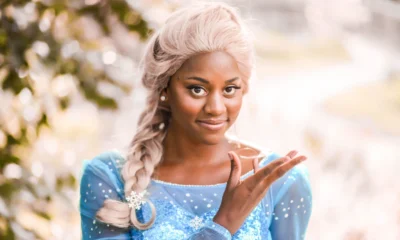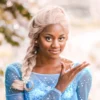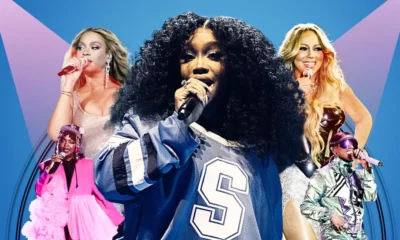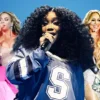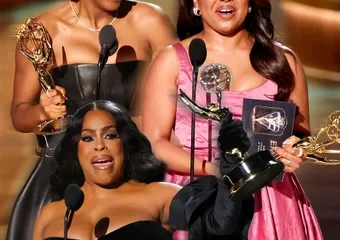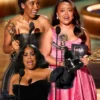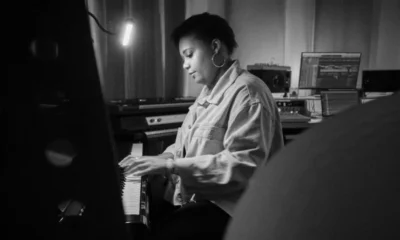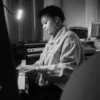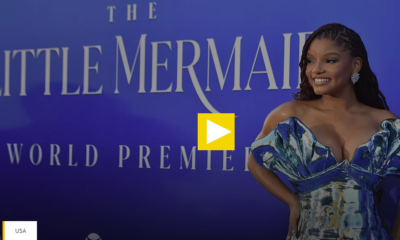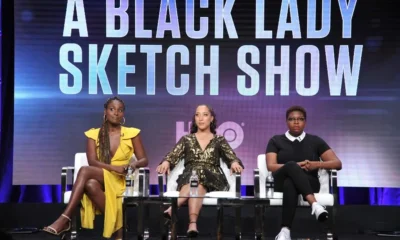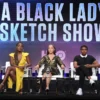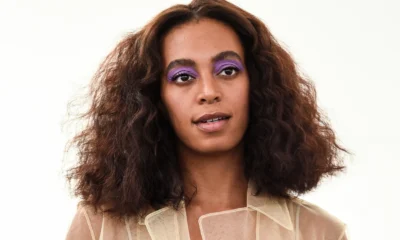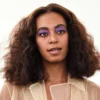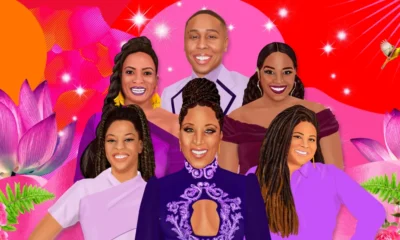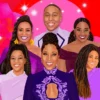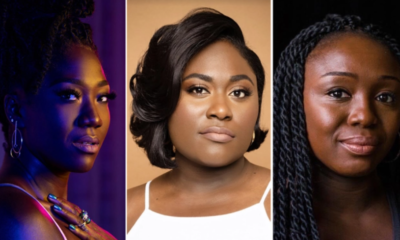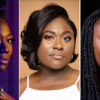Black Women in Entertainment
Why It’s Important to Show Black Female Friendship on Television
I remember the first time I heard Issa Rae call Yvonne Orji a bitch on HBO’s Insecure. Not like that—not the accusatory, aggressive, and demeaning way the word can be used by people to denigrate women, but in the drawn-out vowel, tongue-in-cheek way that, when it comes from the mouth of one of my friends, actually warms my heart. It was the first time I could remember watching a television show felt like home.
Now, obviously, the bond between Rae’s two characters goes way beyond their ability to effortlessly call each other “bitch” and the N-word (which Orji, for her part, recently told Jezebel she understands is “not for everyone”). What they have with one another—finishing each other’s sentences, jokey jingles they sing to one another, knowing exactly what to bring after a trivial spat (Cheetos), and when to call each other out on their mistakes—is beautiful, and it’s beautiful to watch. It’s also exceedingly rare to see on screen.
Insecure, which returns this Sunday to HBO for its second season, is the first series since Living Single, Girlfriends, and A Different World, that takes black female friendship beyond the tired “sassy” sidekick narrative and makes it the centerpiece. Granted, shows like Orange is the New Black and Dear White People have complex, nuanced characters who explore issues of race, representation, and relationships; and Girls, 2 Broke Girls, and Broad City all center on white female friendships, but there are few that seem to bridge the divide like Rae has.
Ironically, there are perhaps more black women on television than ever before. Reality series like The Real Housewives of Atlanta and Love & Hip Hop show black women throwing shade (and Champagne bottles) at one another. Scandal, How to Get away with Murder, and Empire all have amazing and complicated black female leads with meaty roles and interesting plot twists—but seemingly no black girlfriends. (I often wonder how Olivia survives all that White House drama without having anyone to decompress with over a glass of Cabernet and to be like, “Girl, let me tell you what these crazy white people did at work today.” I know I couldn’t.)
On Insecure, black female friendship is treated as more than just a connection—it’s a means to emotional and mental survival. When both Issa and Molly are at their respective jobs, they feel they have to hide a part of themselves from their white coworkers, in an effort to do what Paul Laurence Dunbar called “wearing the mask.” When the two women are together, they are able to pull off those veils and be themselves; to commiserate, and strategize, and sympathize with one another. Season two is no different, it follows the characters as they hilariously “unpack each other’s shit” and hold one another accountable for dishonesty with a codeword (“Malibu”). They’re committed to helping each other be their best selves.
There’s a reason that some of our best-loved TV shows (think Sex and the City, Friends, and How I Met Your Mother) find their real focus in non-romantic …
Please read original article – Why It’s Important to Show Black Female Friendship on Television



